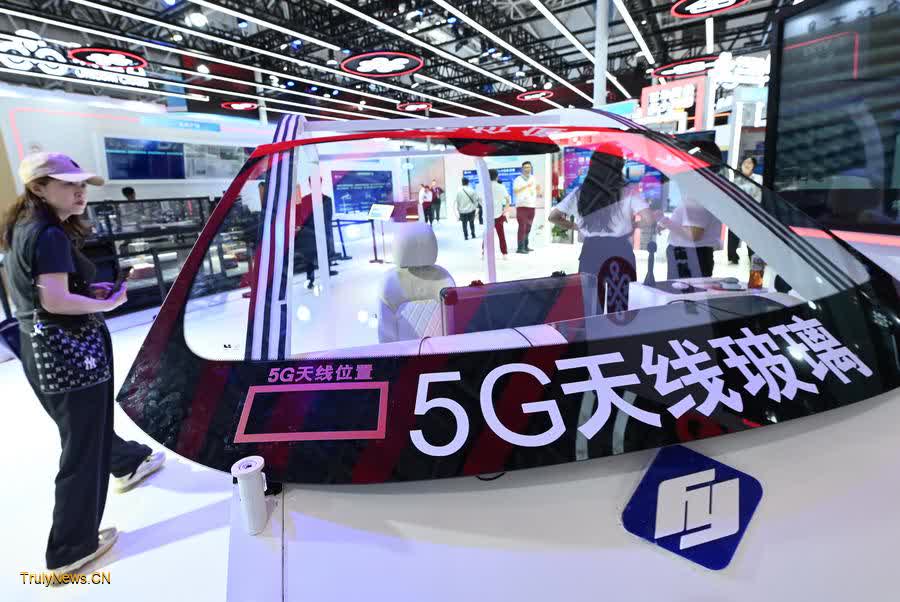
GENEVA — The world needs a strong Chinese economy, and its domestic market still offers “massive opportunities,” particularly in the clean energy, digital technology and advanced materials sectors, David Bach, incoming president of the world-renowned business school International Institute for Management Development (IMD), has said.
China, as an increasingly wealthy economy, faces a number of challenges, Bach, who will assume the presidency of the IMD in September, told Xinhua during a program at the IMD in Lausanne, Switzerland. “I’m hoping that China can tackle those challenges effectively, and then sustain its growth for many, many years to come because the world needs a strong China, needs growth in China.”
“At China’s level of development, we should be seeing a shift from being a manufacturing-based to being service-based economy, from being primarily export-oriented to one increasingly focusing on the domestic consumer market,” said Bach, highlighting the role that Chinese digital companies play in economic transformation, such as the country’s largest online travel agency Trip.com, and the WeChat ecosystem, which integrates various online applications.
China’s combination of the ability to innovate and scale up in a large domestic market is something that most developed countries do not have, which brings enormous opportunity, he added. “Just by developing its domestic market and bringing more people into the modern economy it has built, it can drive growth. That’s a massive opportunity.”
In May, the International Monetary Fund (IMF) raised its forecast for China’s GDP growth in 2024 to 5 percent from the April projection of 4.6 percent, driven by a strong first-quarter GDP growth in 2024 and recent policy measures.
China’s economic development over the past few decades has been remarkably driven by market-oriented reforms, trade liberalization and integration into global supply chains, according to the IMF.
Discussing China’s ongoing efforts to foster new quality productive forces, Bach highlighted the sectors of clean energy, digital technology and advanced materials.
First introduced in 2023, new quality productive forces refer to advanced productivity freed from the traditional economic growth mode and productivity development paths. It features high-tech, high efficiency and high quality.
The former deputy Dean at the Yale School of Management also warned of the risk of doubling down on manufacturing, as further trade conflict with Western economies becomes more and more likely.
In the West, many misconceptions about the Chinese economy persist, with accusations that Chinese companies produce cheap manufacturing goods by utilizing Western ideas, intellectual property, and innovations, said Bach.
“What it completely misses is how many innovative products and services are made in China and originate from China. Where you can see it most clearly is when it comes to electric vehicles. Chinese companies have understood that the real value added in EVs is in batteries and the software.”
In June, the European Commission announced provisional tariffs on electric vehicles imported from China, ranging from 17.4 to 38.1 percent, on top of the existing 10 percent tariff. The move would negatively impact the normal bilateral economic and trade exchanges in automotive and relevant sectors between China and Europe and challenge bilateral relations, said the China Chamber of Commerce to the EU.
The China-EU relationship is closely related to the China-US and US-EU ties, because the transatlantic relationship remains paramount, while the China-US relationship is the defining relationship of the century, said Bach.